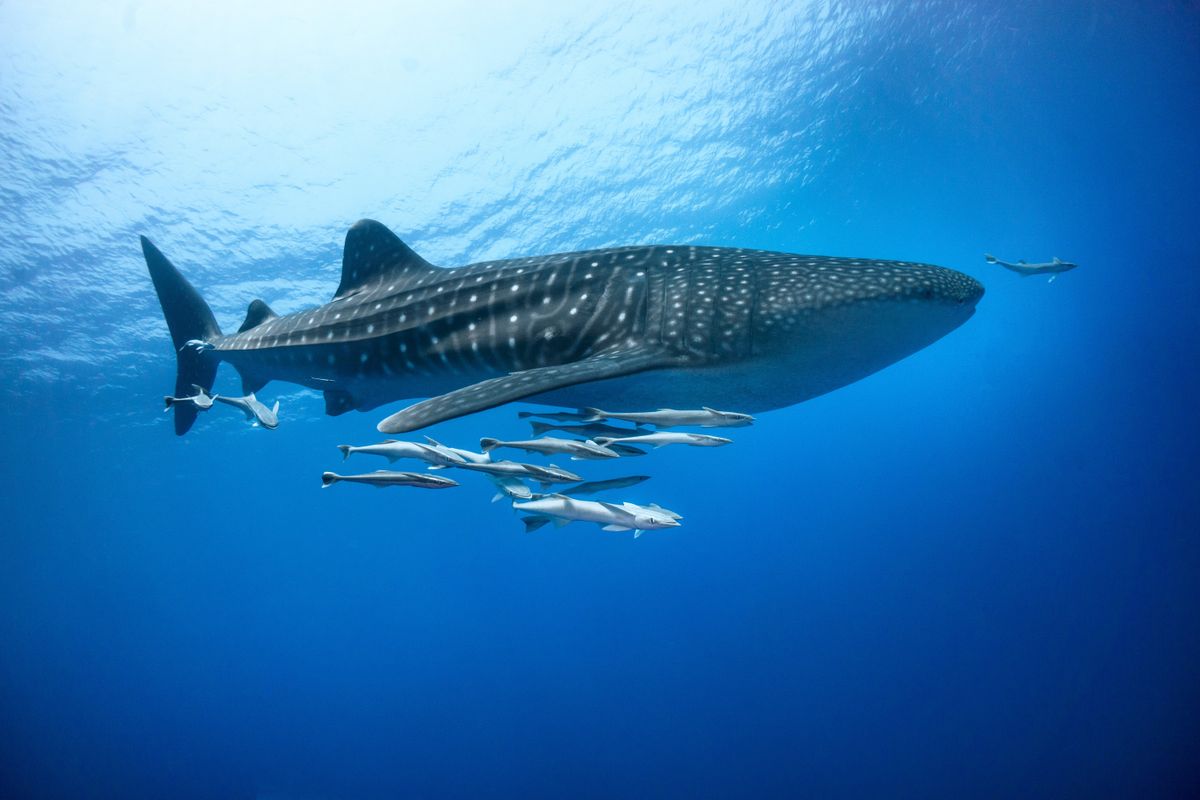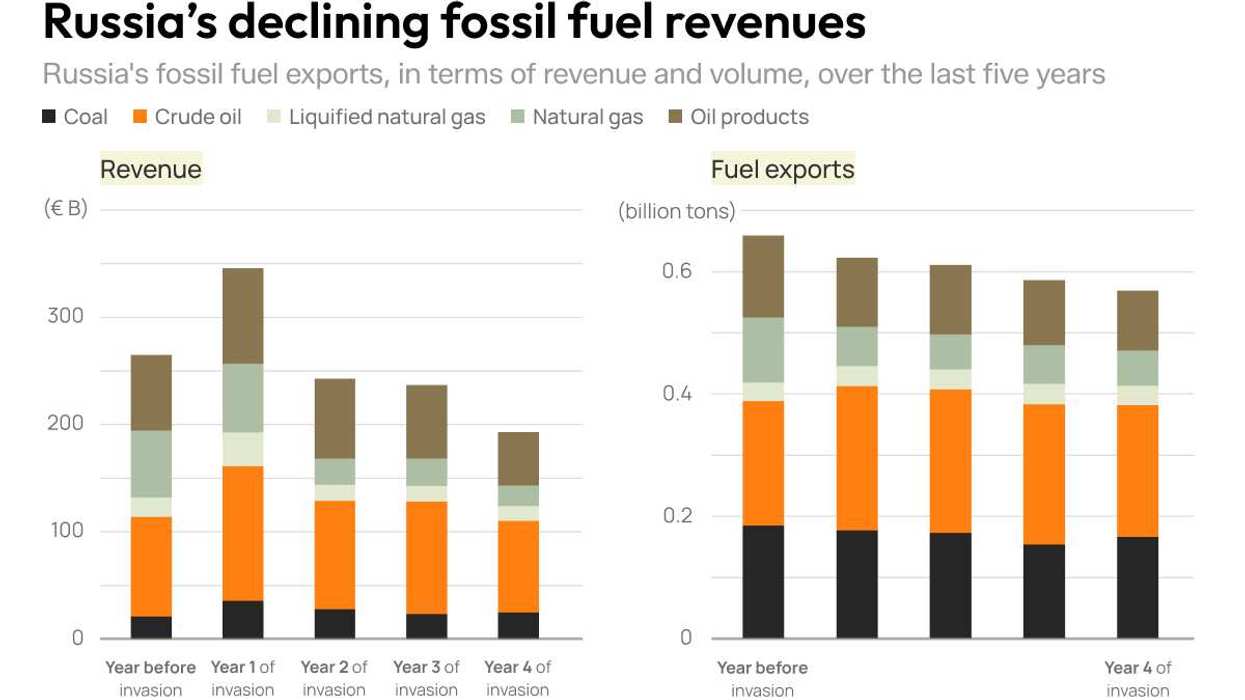Historic deal to protect marine biodiversity
UN member states on Sunday agreed on an updated framework to protect marine biodiversity in what is known as the "high seas" — vast areas of the oceans outside of national boundaries that account for about half of the world's surface. This follows nearly 20 years of discussions aimed at strengthening the Convention on the Law of the Sea, which came into force in 1994 but badly needed an upgrade — even more so after last year's COP15 UN Biodiversity Conference reached another landmark deal to protect 30% of land and water considered “important” for biodiversity by 2030. Conservationists hope that the agreement on protecting biodiversity in the "high seas" will finally end a mishmash of regional laws and treaties and establish clear rules on environmental impact assessments for commercial activities like fishing. But, as with any big UN treaty, success will depend on when it's formally ratified and how it is implemented.
Pro-Kyiv PM wins Estonian election
The center-right Reform Party of PM Kaja Kallas overwhelmingly won Estonia's parliamentary election on Sunday, staving off a challenge from the far-right EKRE party, which ended up losing seats. The vote was seen as a big test for the staunchly pro-Ukraine leader in the Baltic nation and former Soviet republic situated along NATO's eastern flank with Russia. Defense was a major issue during the campaign, with both parties trying to outdo one another in spending pledges to counter Russia’s expansionist threat. Kallas has won widespread international kudos for her support of Ukraine, while EKRE leader Martin Helme tried but ultimately failed to capitalize on the high price of energy with promises to slash costs and oppose Kallas' push to embrace green energy. He was also opposed to taking in more Ukrainian refugees, and criticized the PM's assistance to Ukraine, claiming it was to the detriment of Estonia's defense. Still, Kallas might face difficulties in forming a coalition government.
Kallas was a recent guest on GZERO World. Watch her interview with Ian Bremmer here.
















